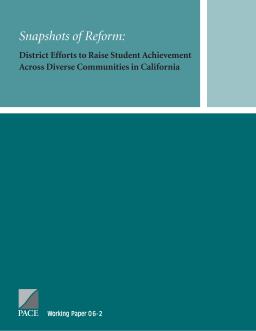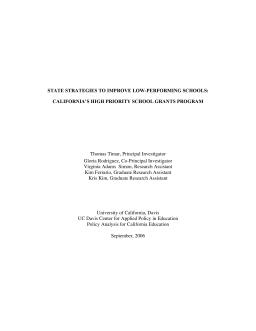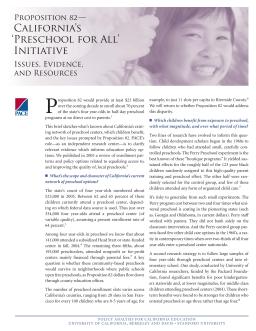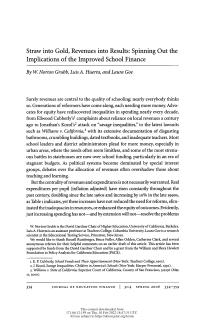Educational governance & policy

California made a fundamental change its approach to education in 2013, bringing greater local discretion over local decision making in public education. These changes were intended to support both equity and system improvement in California’s schools.
Districts are primarily accountable for school improvement and receive assistance from the Statewide System of Support. As part of this System of Support, county offices of education are responsible for (1) annually approving their districts’ Local Control Accountability Plans (LCAPs), in which districts outline their intended activities and resource allocation strategies to meet the eight state priorities delineated in the Local Control Funding Formula (LCFF) legislation; and (2) providing direct assistance when districts fail to meet expectations in priority areas.
The 2013 Local Control Funding Formula also shifted the way California governs and funds its schools, giving greater authority over resources to locally elected school boards and districts, and emphasizing the importance of local stakeholder engagement.
PACE's research in this area is designed support the continued development of these systems, and strengthen educational governance at all levels.
- ‹ Previous
- 2
- 3
- 4
- Next ›







